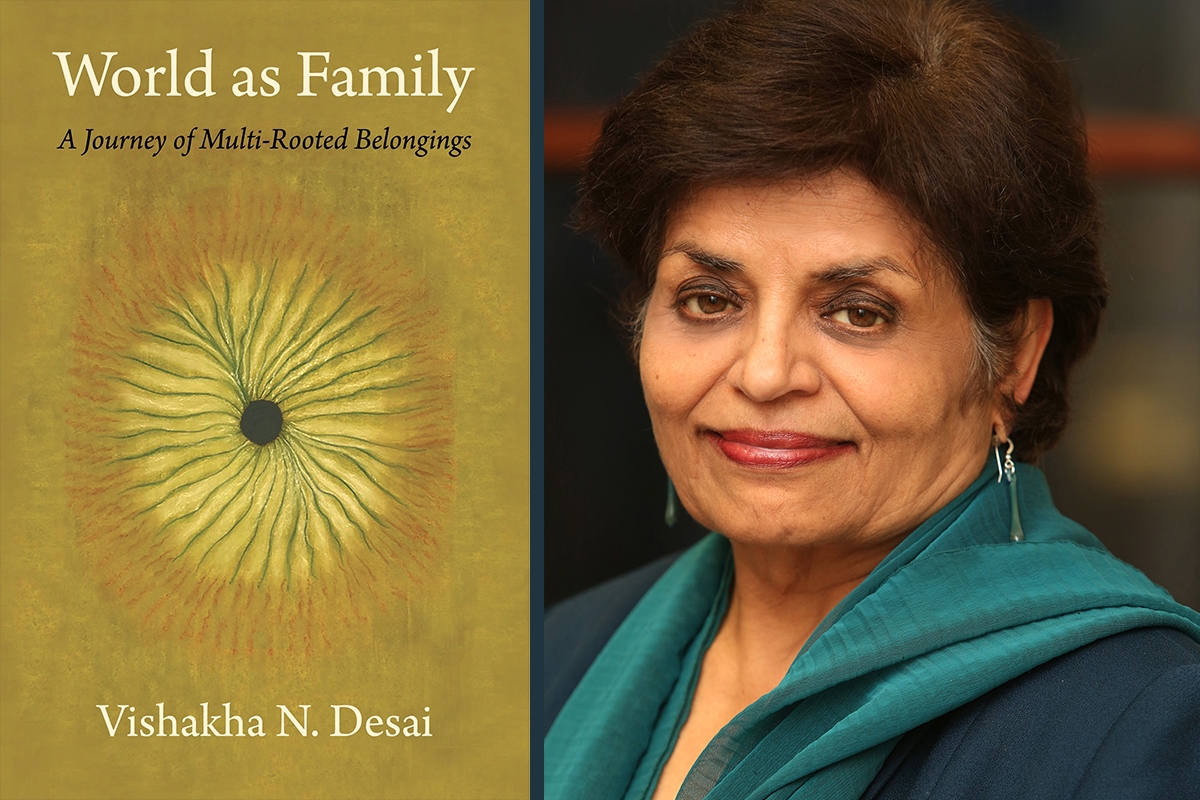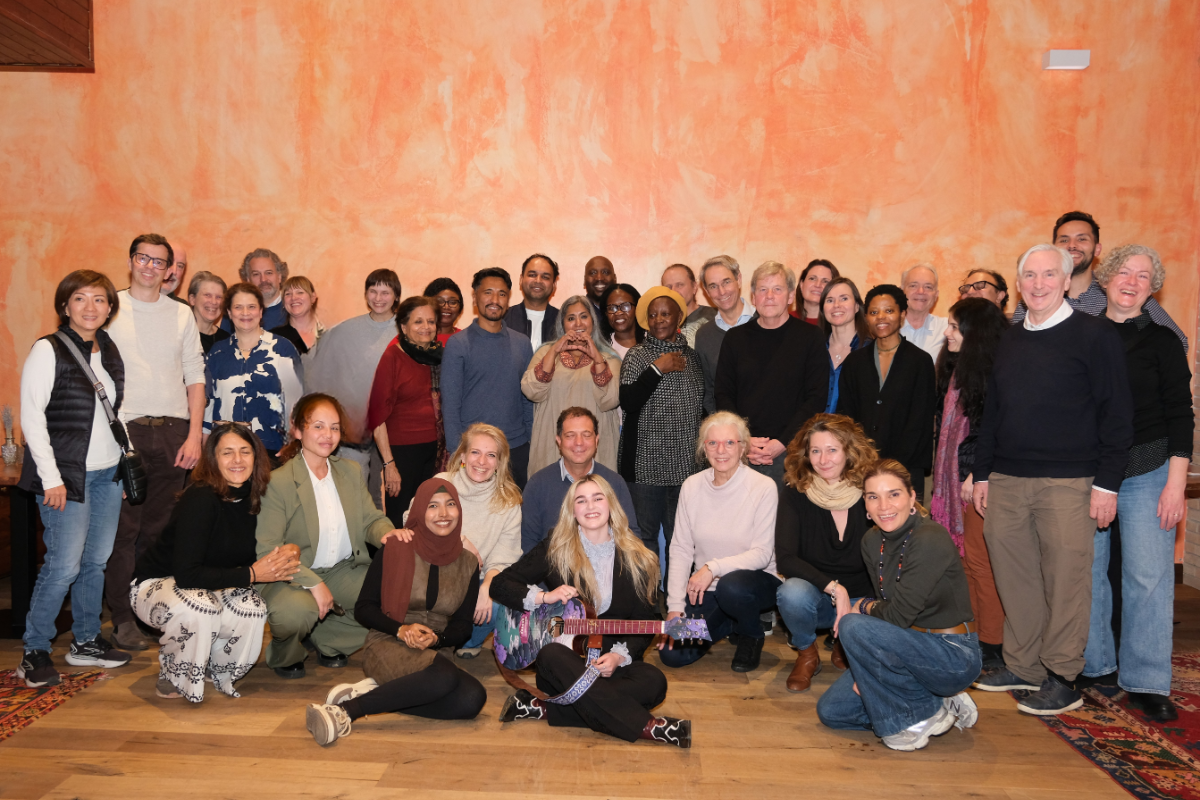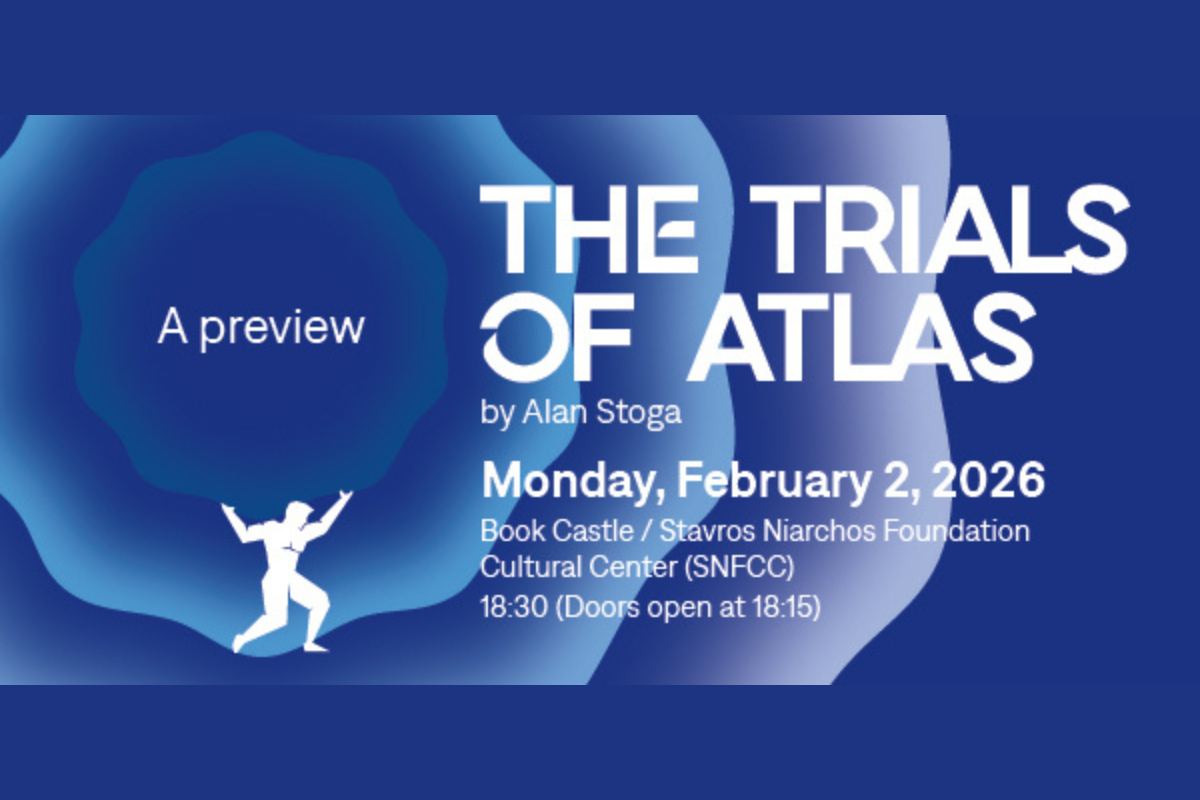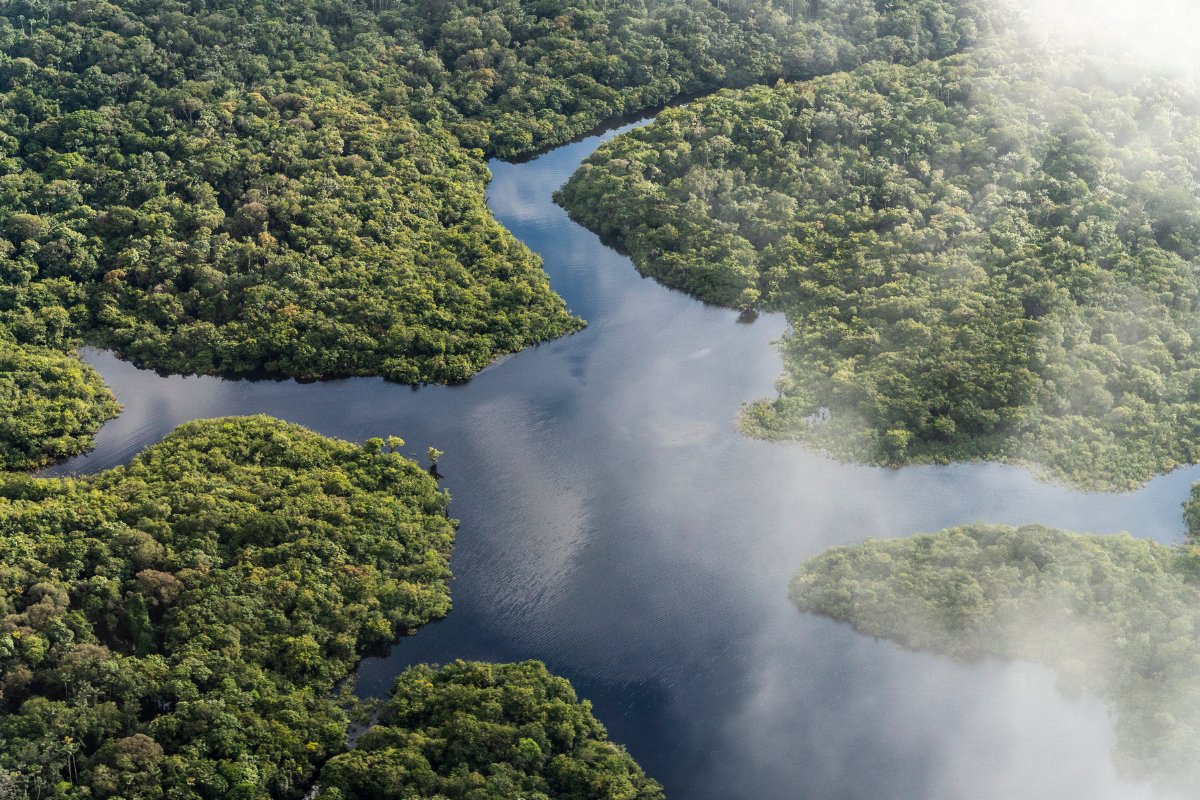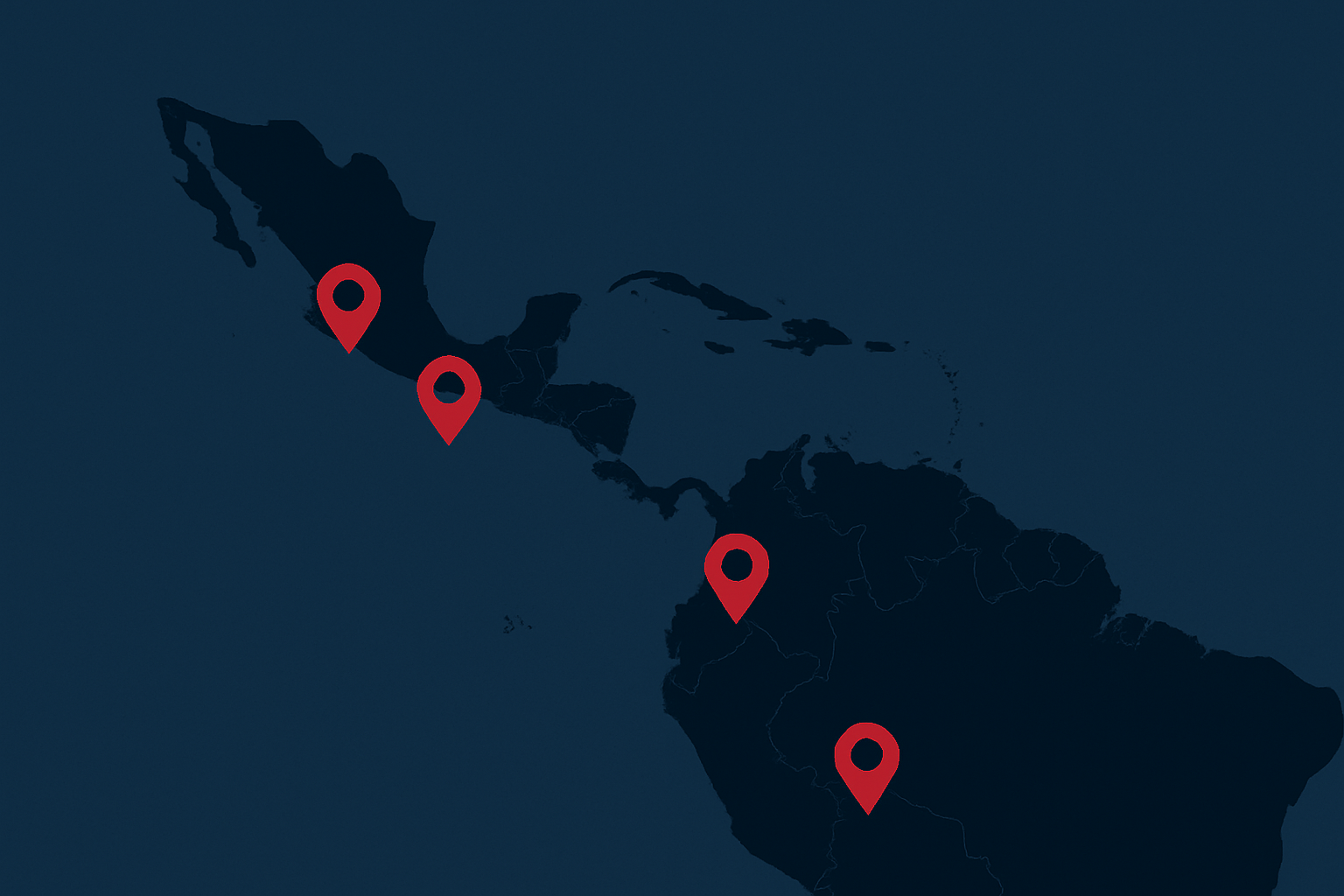The global pandemic was a test of the proposition that global problems not only need global solutions, but that if the crisis is big enough, then those global solutions will be forthcoming. If so, we failed and—as the pandemic continues to roil countries, ruin lives, and damage futures even while “mission accomplished” celebrations break out in some countries—we seem to have learned nothing. The early days of celebrities insisting “we are all in this together” have given way to widely different realities that have proven the opposite.
But is globalism dead? Don’t we have more in common—not the least our shared humanity—than the things (like our passports and vaccinations) that separate us? Doesn’t the globality of our condition demand something different from our leaders, our institutions and ourselves? If we twist the Rubic’s Cube of the pandemic the other way, might we discover solutions that could point us towards a more sustainable path than the one that most of us seem content to follow? Where do we look for better leaders?
Those sound like rhetorical questions, but that’s the problem: they are real questions that demand real answers.
Are we really all in this together? is intended to be a departure point in the search for answers—and Vishaka and Carole are ideal sherpas. Vishkaha Desai, who is Senior Advisor for Global Affairs to the President of Columbia University and Vice-Chair of Columbia’s Committee on Global Thought, has just published her most recent book, “World As Family: A Journey of Multi-Rooted Belongings” which is a personal story of how she has become passionate about globalism. Carole Wainaina most recently helped launch Africa 50, a pan-African infrastructure bank, after serving in senior positions at the United Nations and several of the world’s largest multinationals. Both Vishakha and Carole have been key players in the Tällberg Foundation’s evolution over the past several years.
